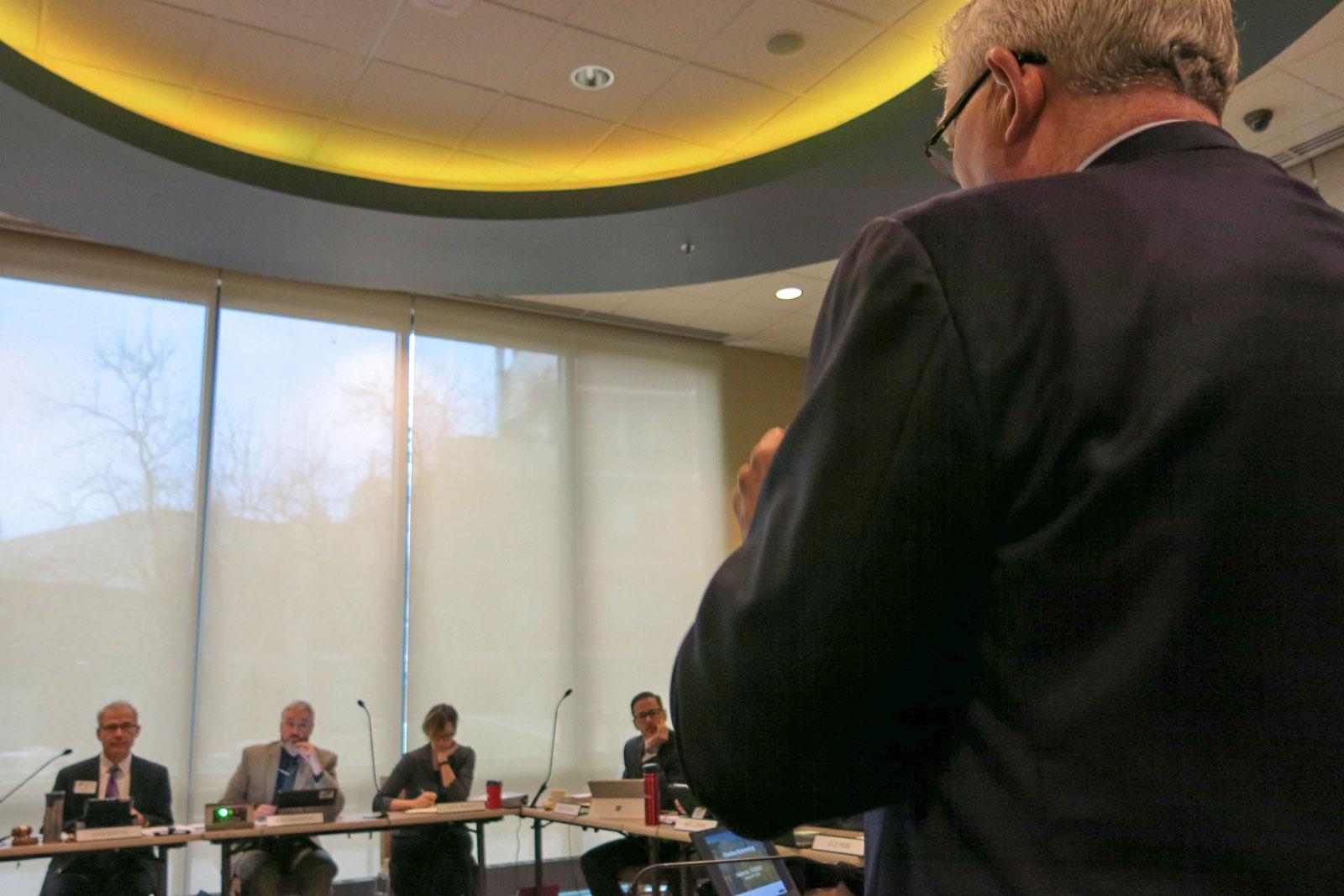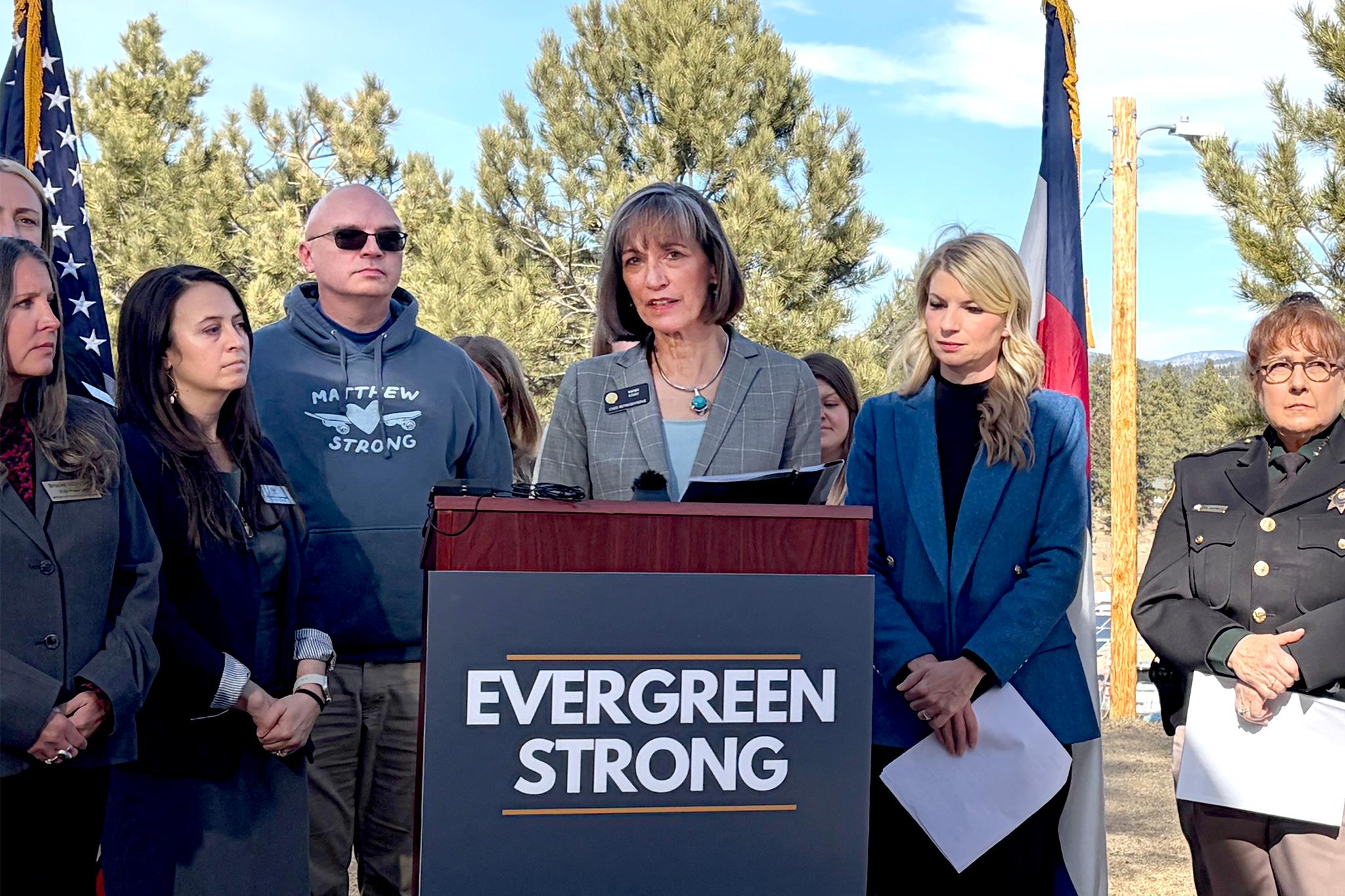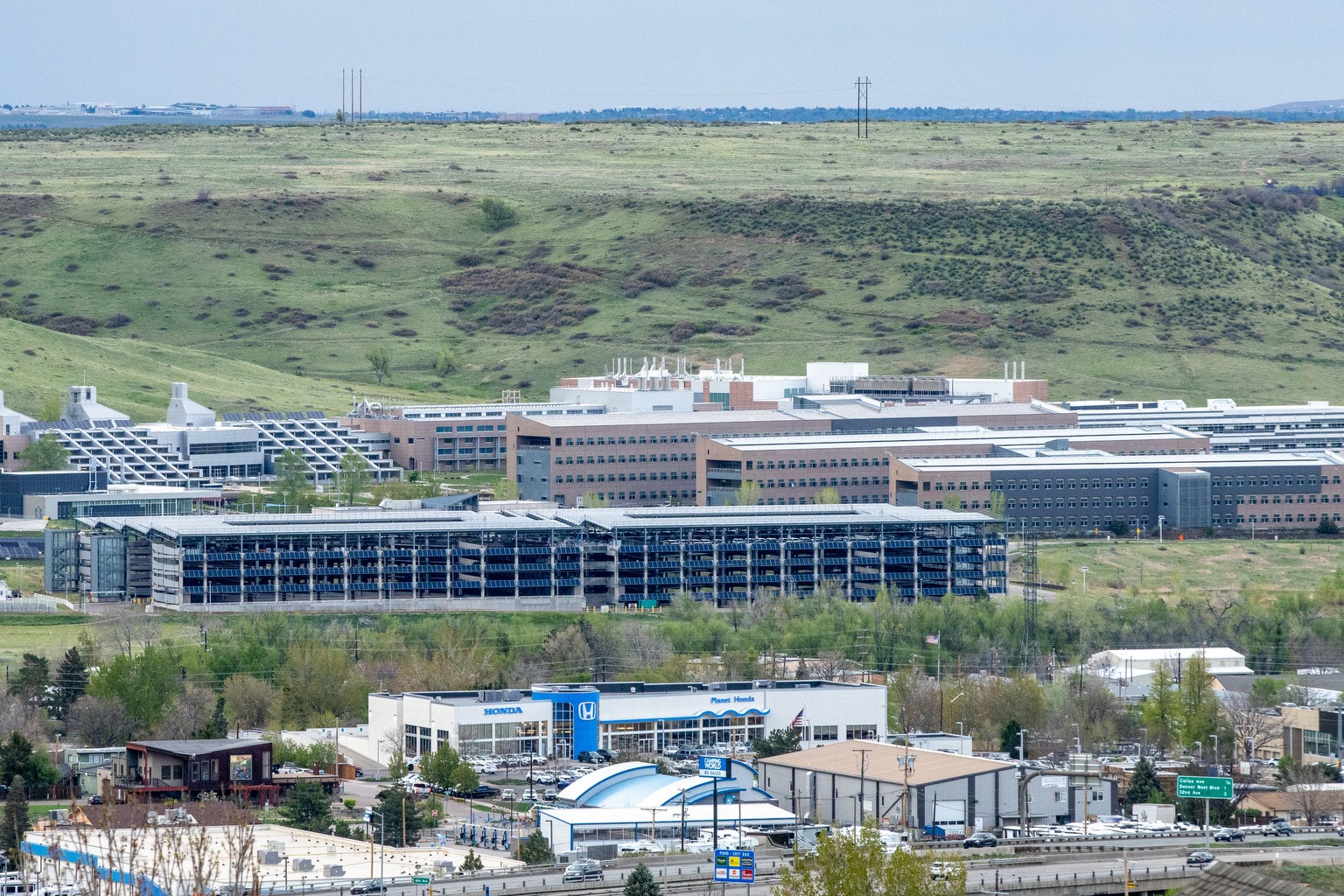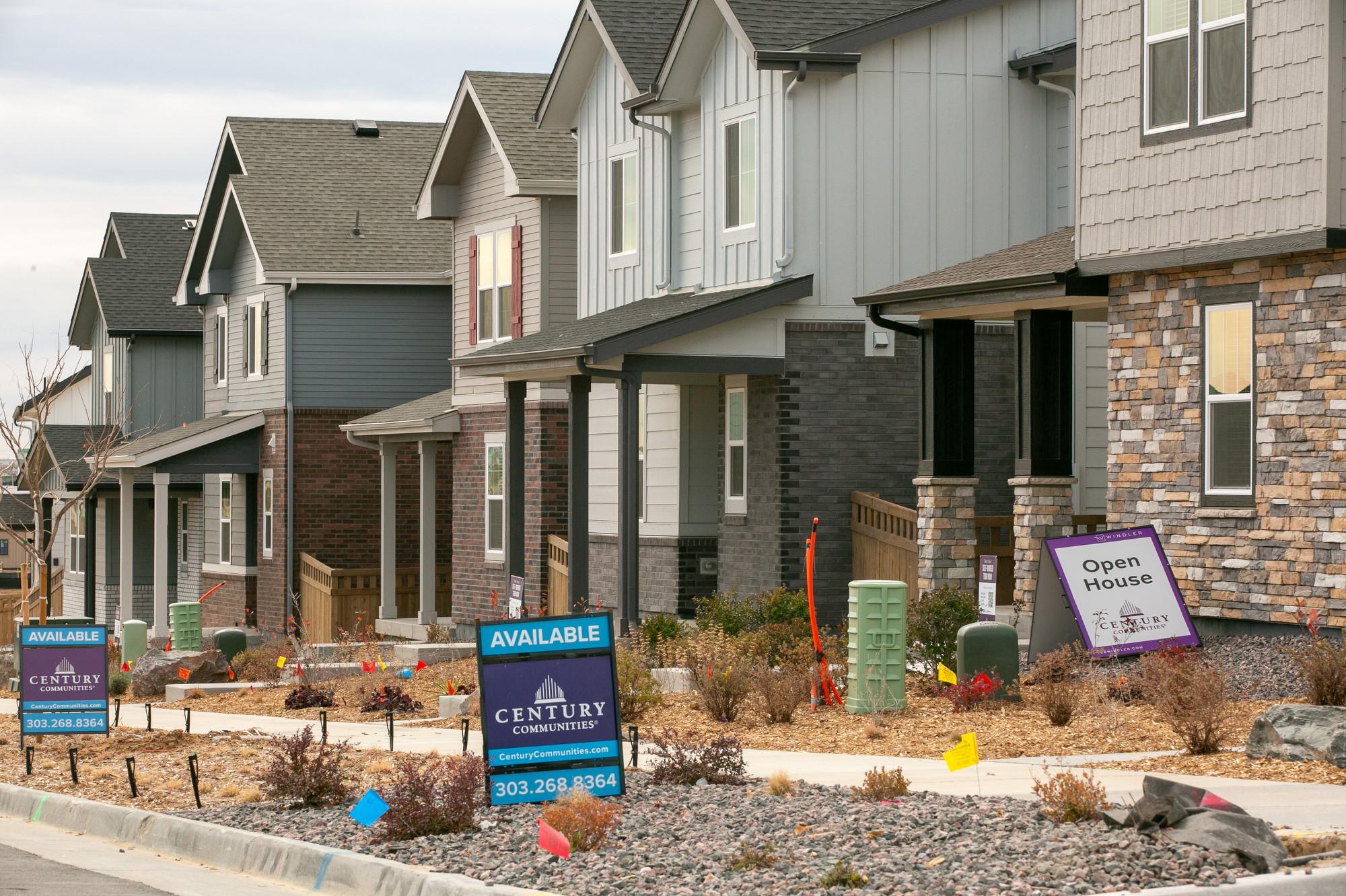

Colorado regulators are considering the most comprehensive overhaul to date for underground lines that run from most wells in the state to nearby collection points for extracted oil and gas.
If approved, the rules will require companies to record the start and end locations of many new underground flowlines. They’ll have to register most with the state after they’re built. And companies will have to file a form if they want to abandon the line. The new rules are the result of last April’s home explosion that killed two men and seriously injured a woman in the Weld County town of Firestone.
“I think we know pretty precisely what happened in Firestone, and while there was a gas flowline involved that should have been abandoned pursuant to our rules instead of being left connected to a pressure source, a lot of other things went into what happened,” said Colorado Oil and Gas Conservation Commission director Matt Lepore.
Investigators linked that explosion to an underground gas leak from an active well. The federal government is still examining what happened.
Public turnout at the two day hearing was lower than expected in the wake of the Front Range’s reawakened debate over energy development in urban areas. Those who did speak, including State Sen. Matt Jones from Boulder County, asked for comprehensive mapping of underground lines statewide.
“Our job is to protect people in their homes,” he said in reference to Firestone. “And the minimum thing we can do is to let them know where these gas pipelines are.”
To that point, few, if any states, map these flowlines. Big energy developing states like neighboring Wyoming or Texas do not have any mapping requirement.
I'm surprised to see so many empty chairs at #COLORADO #oilandgas proposed regulations mtg. This event was moved to larger venue to accommodate more ppl and public comment. #firestone pic.twitter.com/a9RllfOJSd
An effort to require mapping at the statehouse failed in the last legislative session. Director Matt Lepore said regulators are concerned about how to keep detailed maps up to date. Instead, he said Colorado will require oil and gas companies to participate in a statewide “Call Before You Dig” system known as Colorado 811.
Some are hungry for more information on the whereabouts of new and existing flowlines. But the rule changes will also address the ways companies test and maintain their pipelines. Companies can pressure test lines, install continuous monitors or perform smart pipeline gauge tests every three years.
Some types of above ground lines would allowed inspection with what’s called audio visual olfactory. However, in the opinion of Elizabeth Paranhos with the City and County of Broomfield, AVO “is not a sufficient method for pipeline” inspection.
Broomfield passed what’s considered model regulations by many in the state. The primary company in the city, Extraction Oil and Gas has agreed to multiple forms of testing for the wells and lines it operates in the county.
Paranhos said local governments also need to know when wells are being tested and what the results are. She considers it “critical information that is important and necessary to the ability of local governments to protect public health and the environment.” In contrast, Weld County, the home to the bulk of Colorado’s oil and gas wells, has said it doesn’t want detailed notification information because of its volume of wells.
The Colorado Farm Bureau and other other business organizations support the new flowline rules. The rules also have installation, maintenance and abandonment provisions for crude oil pipelines that aren’t regulated by the federal government. They cover other things like a requirement for companies to report Grade A large gas leaks and unscented raw gas lines that run between wells and rural homes.
Dan Haley, the head of the Colorado Oil and Gas Association — the state’s lobbying trade group — said it all adds up to more accountability for the industry.
“Just by the mere fact that we’re going to be focusing on these lines more, paying more attention to them, testing them checking them monitoring them, mapping them, that all lends to greater safety for Coloradans. That’s important to us.”
Colorado regulators will discuss what, if any, revisions are needed to the rules. They could approve them as soon as today.









